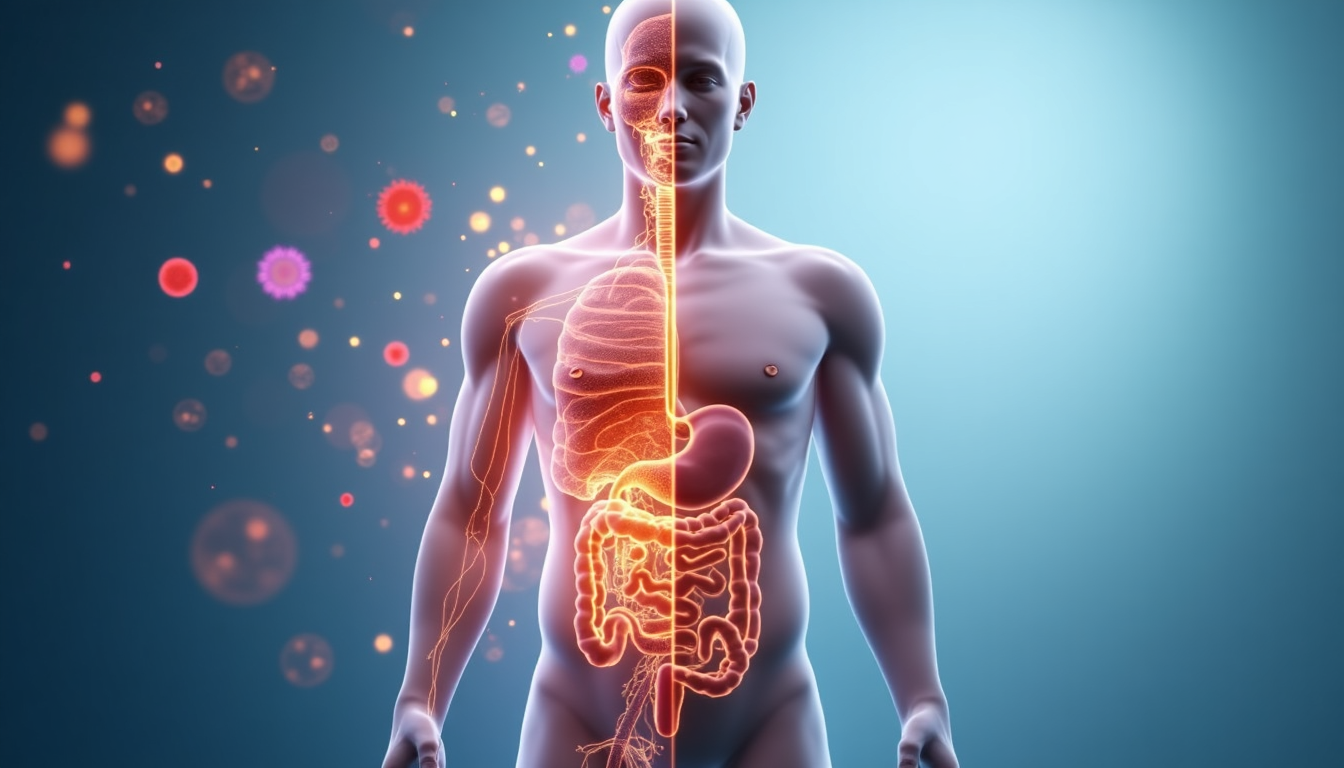
Hormone Imbalances and Sleep: Why Cortisol and Progesterone Matter
Hormone imbalance and sleep is often an overlooked relationship when considering sleep problems. Difficulty falling asleep, waking in the night, or feeling unrefreshed in the
Statistics show that 150 million people suffer from depression worldwide and this may be due in part to dietary changes away from unprocessed polyunsaturated fats towards a higher intake of saturated and trans fats.
Researchers from the Universities of Navarra and Las Palmas de Gran Canaria have found that there is a link between eating trans and saturated fats and an increased risk of depression whereas olive oil is protective against it.
Saturated fats are found in red meat, dairy such as cheese, milk, cream, ice cream and butter as well as being found in many packaged and processed foods. Trans fats are processed fats and oils and have been found in the past in margarines (although these days much less so), fried food like crisps and chips and foods like samosas and spring rolls.
Results showed that despite the fact that none of the volunteers suffered from depression at the beginning of the study, at the end of the study, 657 new cases had been detected.
For those in the study that are higher amounts of trans fats they “presented up to a 48% increase in the risk of depression when they were compared to participants who did not consume these fats” said Almudena Sanchez-Villegas, Associate Professor of Preventive Medicine at the University of Las Palmas de Gran Canaria. He added that, “the more trans-fats were consumed, the greater the harmful effect they produced in the volunteers”.
The researchers also looked at the effects of polyunsaturated fats found in fish and vegetable oils on the occurrence of depression. Professor Sanchez-Villegas , “In fact, we discovered that this type of healthier fats, together with olive oil, are associated with a lower risk of suffering depression”.
healthy eating tips would be to eat more polyunsaturated fats found in oily fish such as salmon, sardines, mackerel and also seeds such as sunflower, pumpkin, linseed and sesame seeds.
Try this delicious and easy seed mix
Seed Mix
It is useful to have a coffee grinder to grind nuts and seeds. Have a mix of one part each of sunflower, sesame and pumpkin seeds (these should be organic when posssible)) with two parts linseeds (flax) kept in an airtight container in the fridge. Take a good handful of this a day, grind in the coffee grinder and add to cereal, top onto yoghurt or add to salads. Delicious, packed full of good fats and has the added bonus of minerals and some protein too.
Comments

Hormone imbalance and sleep is often an overlooked relationship when considering sleep problems. Difficulty falling asleep, waking in the night, or feeling unrefreshed in the

‘Detox’ has become one of the most misunderstood concepts in modern wellness. For many people, it brings to mind juice cleanses, restrictive diets or short-term resets promising quick results. Yet the body’s true detoxification systems are far more complex — and far more intelligent — than any cleanse.

Anxiety and gut health are closely linked through the gut–brain axis. Research suggests the gut microbiome, neurotransmitters and genetics may influence stress responses and emotional well-being. Exploring gut microbiome and nervous system insights can help build a more personalised understanding of anxiety.

Strange symptoms can puzzle anyone. Your body might show signs ranging from headaches and skin rashes to digestive problems and anxiety. Doctors sometimes struggle to explain these mysterious health issues that affect millions of people worldwide.
Please do not return samples to the laboratories that may arrive after Wednesday 27th March and up to and including Monday 2nd April.
The laboratories are closed from the 28th March – 2nd April for the Easter Holiday.